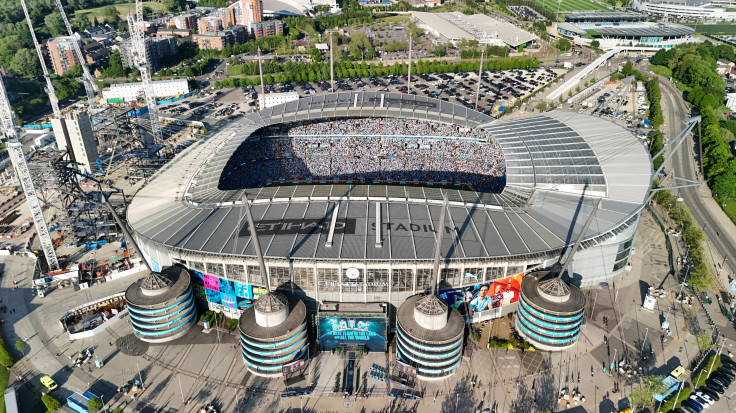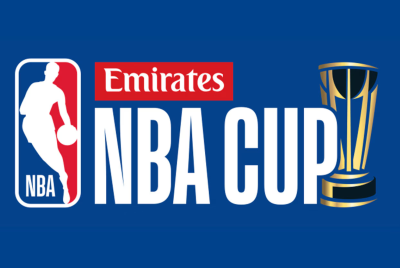How Sports Shape Greater Manchester's Economy and Community
Discover how football, grassroots sports, and digital innovation generate jobs, revenue, and social impact across Manchester

From Old Trafford's roar to grassroots pitches in Stockport, sport is woven into the fabric of Greater Manchester. But beyond the excitement on match days, the region's sporting culture plays a powerful role in shaping local businesses, jobs, and the wider community. Here's a closer look at how sports continue to drive economic and social change across Manchester.
How Local Businesses Benefit from Match Days
Every time Manchester United or Manchester City take to the pitch, the ripple effect is felt far beyond the stadium gates. Local pubs, restaurants, hotels, and shops all see a boost in footfall and revenue, especially during high-profile fixtures. This isn't just about the Premier League giants. Lower league and amateur clubs also bring communities together, supporting independent businesses in towns like Bury, Rochdale, and Altrincham.
According to ONS economic reports on regional industries, the sports sector contributes hundreds of millions of pounds to Greater Manchester's economy each year. Match day spending, merchandise sales, and tourism all add up, supporting thousands of jobs in hospitality, retail, and event management. The economic benefits are especially clear during major tournaments, when international visitors flock to the city, filling hotels and restaurants and boosting the local economy.
How Digital Trends Are Changing Fandom
Manchester's sporting culture is evolving rapidly in the digital age. Fans are no longer limited to the stands or the sofa. Live streaming, social media, and interactive apps have transformed how people engage with their favourite teams. This shift has opened up new opportunities for local tech firms, media companies, and creative agencies, many of which are based in the city's thriving digital sector.
However, the rise of digital entertainment brings its own challenges. Young fans are increasingly drawn to online platforms, where they can follow matches, interact with players, and even participate in virtual competitions. This broader digital ecosystem also includes less visible trends, such as the growth of offshore betting platforms, which can affect local consumer habits and raise questions about regulation and economic flows. As Manchester's tech and creative industries continue to expand, balancing innovation with responsible oversight remains a key priority for local leaders and businesses alike.
How Regulation Shapes the Digital Economy
As Greater Manchester cements its reputation as a hub for digital innovation, the region faces a complex regulatory landscape. From data protection to online safety, local businesses must navigate a web of rules designed to protect consumers and foster fair competition. This is particularly true in sectors where digital and real-world experiences overlap, such as sports media, e-commerce, and online entertainment.
Industry experts point to the importance of frameworks like the UK Gambling Commission's regulatory framework in setting standards for transparency and consumer protection. Meanwhile, organisations such as Digital Catapult's insights on digital sector regulation and Manchester Growth Company's business landscape overview offer valuable guidance for startups and established firms navigating these challenges. For those interested in the wider legal context, Parliamentary research on offshore betting and regulation provides an in-depth look at how national and international laws impact the local digital economy.
Manchester's ability to adapt to these regulatory challenges will be crucial in maintaining its position as a leader in both sport and technology. By fostering collaboration between businesses, regulators, and the community, the city can ensure that innovation continues to drive positive change on and off the pitch.
© Copyright IBTimes 2025. All rights reserved.




















